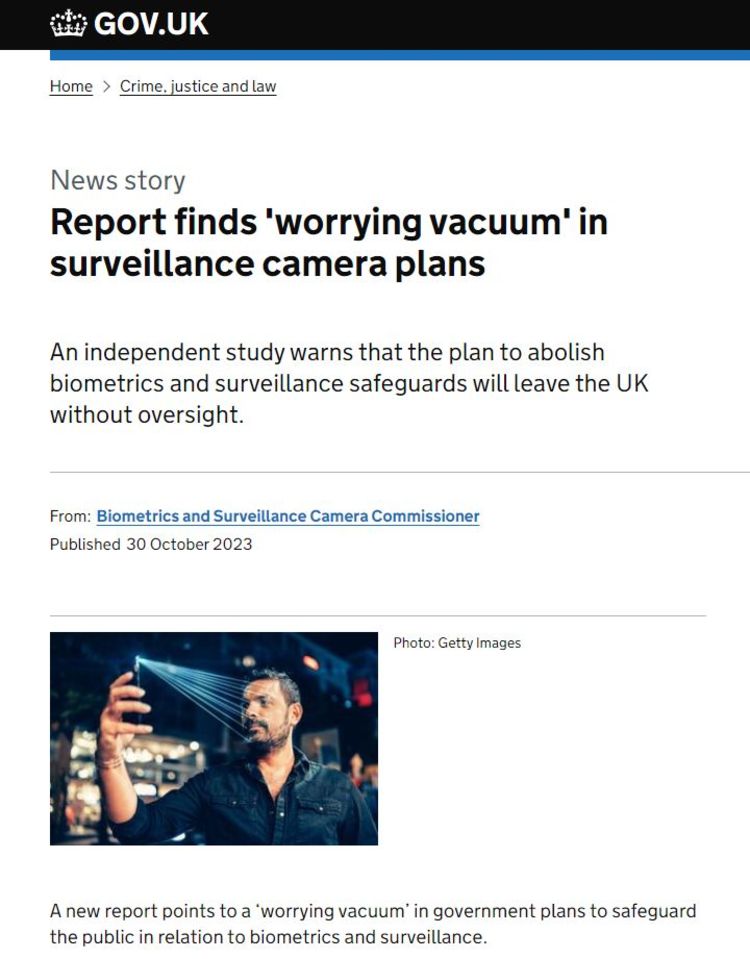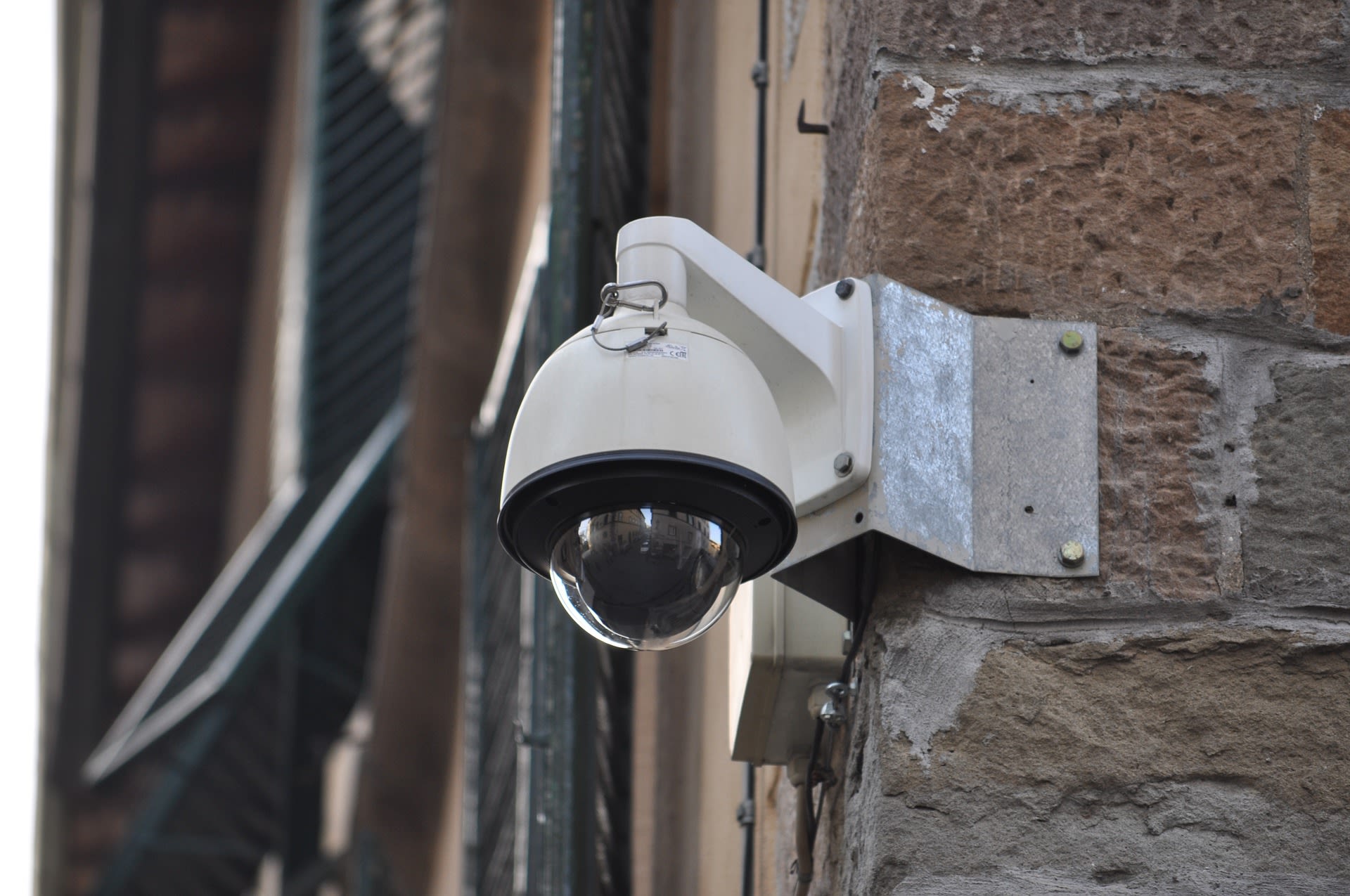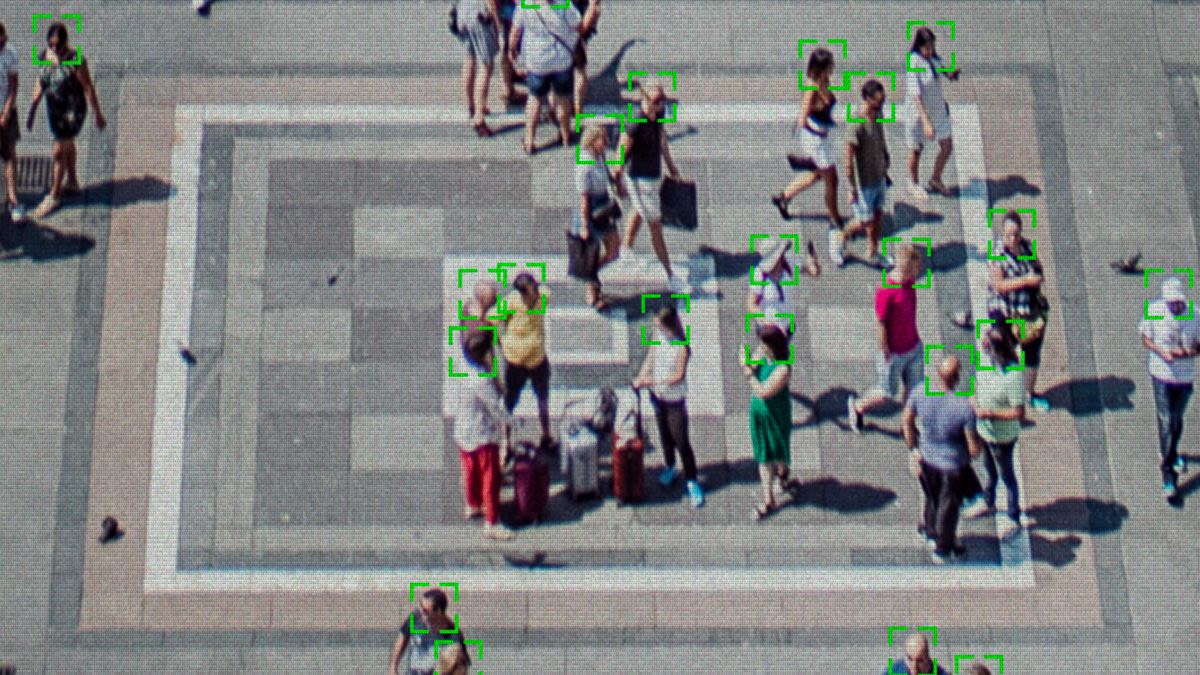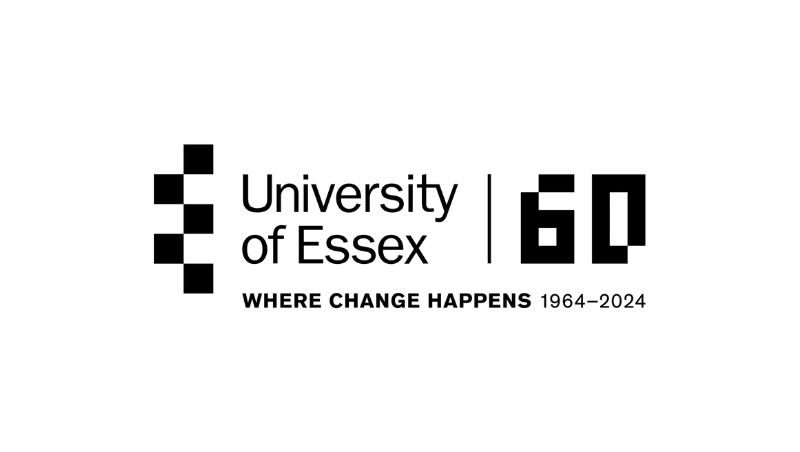Who's watching you?
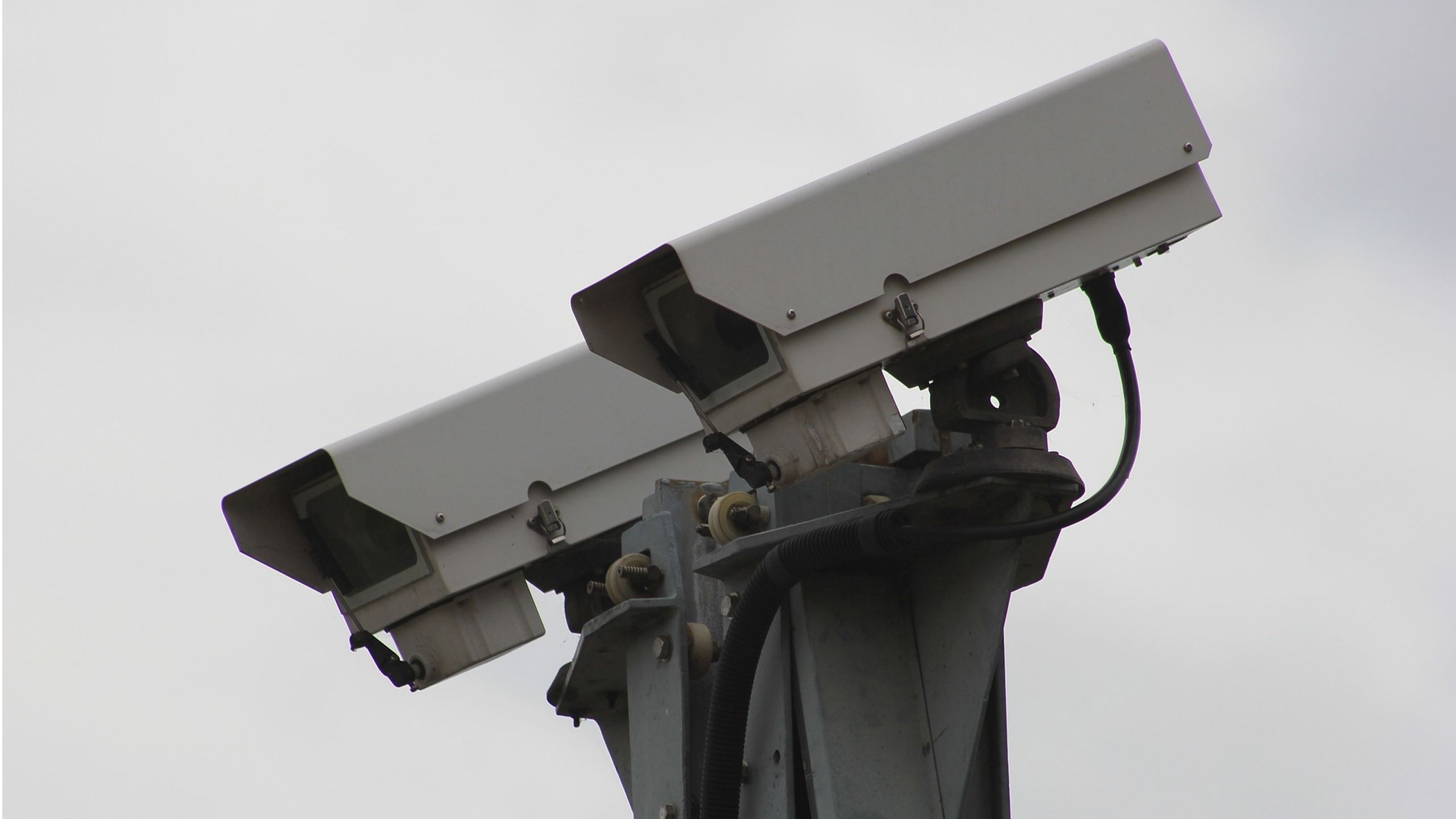
Concerns over state surveillance are nothing new, but the emergence of powerful, artificial intelligence-based technologies have intensified the debate.
Ground-breaking research at Essex on digital surveillance showed worrying flaws in live facial recognition technology used by the Metropolitan Police.
This ongoing work has been instrumental in revealing gaps in existing regulation, directly shaping policy at national and international level.
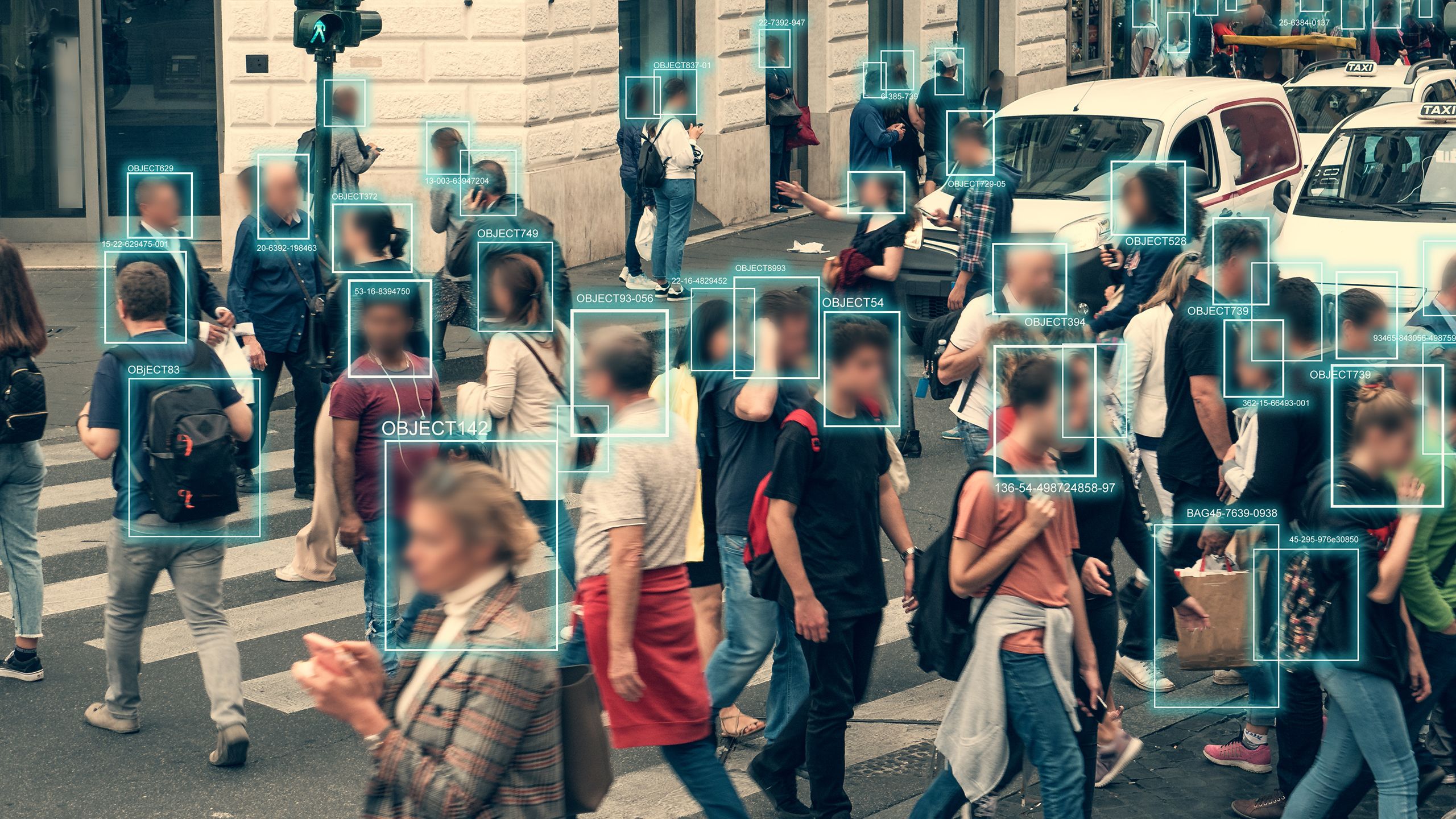
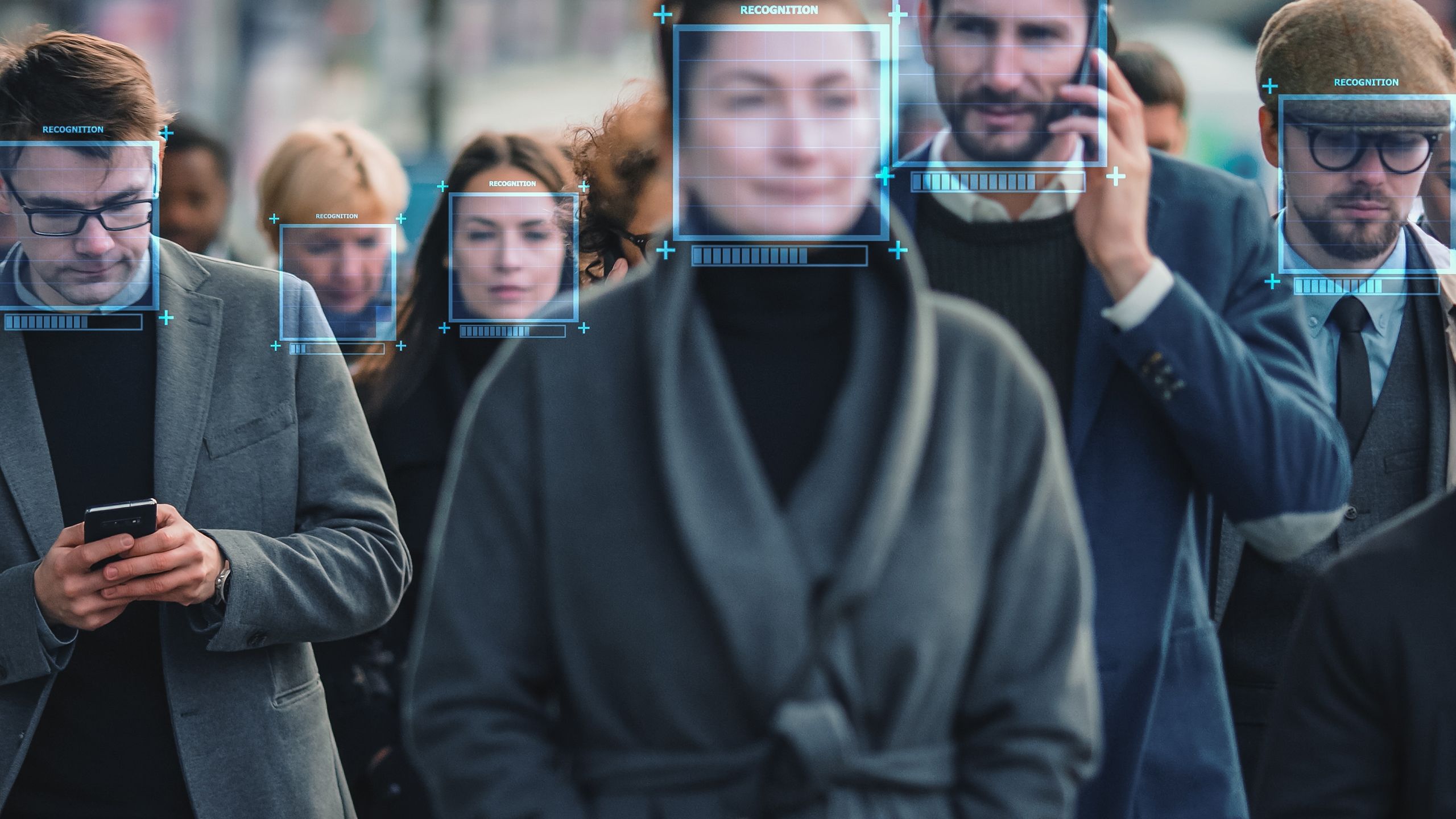
The rise of intrusive technology
Surveillance practices - both overt and covert - are increasingly using technologies that are becoming more and more intrusive.
This raises significant concerns about human rights, citizenship, law and the boundaries of state interference in everyday life.
The technology is evolving fast and these rapid innovations are rendering existing regulations and legal frameworks in urgent need of modernisation.
Essex research has had significant impact on the regulation of emerging surveillance technologies, as well as generating new oversight at a national and international level.
Research by respected surveillance expert Professor Pete Fussey, from the Department of Sociology, highlighted worrying flaws in live facial recognition (LFR) technology and is now being used directly to inform the policy and practice of regulating advanced forms of overt and covert digital surveillance.
His work has framed national policy and legal and media debates. It has informed official bodies and organisations including the Department for Digital, Culture, Media and Sport, the European Union’s Fundamental Rights Agency, the UN Office of the High Commission for Human Rights and the Surveillance Camera Commissioner’s Office. It also formed part of the submission to the Court of Appeal for a landmark judgement on the legal basis for facial recognition technology.
Leading civil society organisations, such as Liberty, Big Brother Watch and the Ada Lovelace Institute have all publicly acknowledged the impact of this work on their advocacy and campaigning.
Shaping the debate over surveillance
In researching emerging surveillance technologies from as far back as 1998, Professor Fussey has positioned himself as one of the world’s “go-to” academics when it comes to surveillance oversight.
He has put himself at the heart of policy and practice formulation, working with organisations and individuals at the sharpest end of this emerging, but increasingly necessary, policy field.
As well as advancing technical arguments, Professor Fussey, Director of the Centre for Research into Information, Surveillance and Privacy, has been interviewed by a range of media, deepening the public debate on this contentious issue.
His findings were first revealed in a joint exclusive with The Guardian and Sky News. This sparked over 300 news stories around the world, where he has been quoted in outlets including The New York Times, The Washington Post, Le Monde, La Repubblicca and every major national newspaper in the UK. The research has also been featured on BBC TV and radio including Newsnight, PM and File on Four.
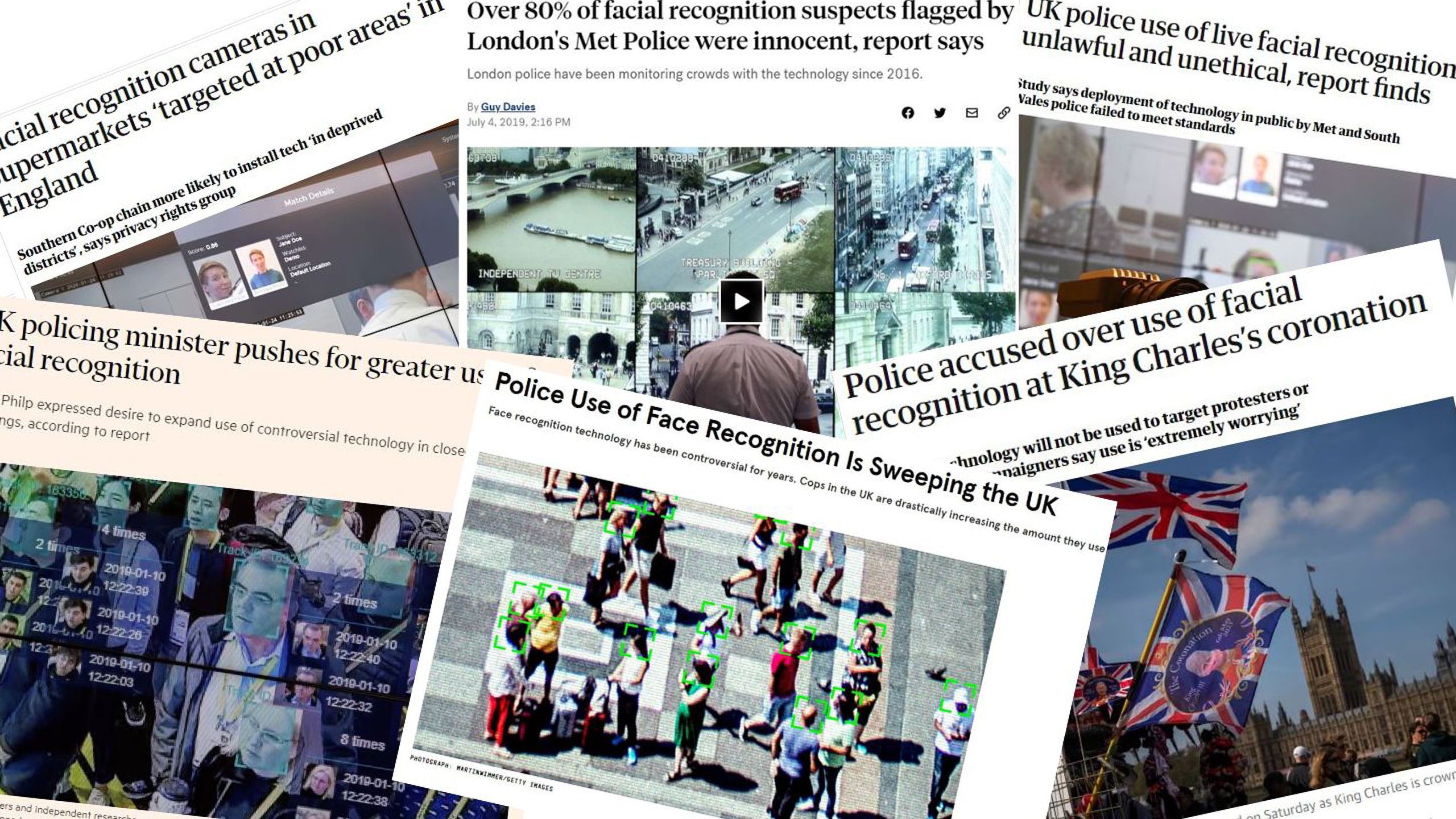
Watch the full interview with Professor Pete Fussey on our Brighter Futures video series.
Can we trust the tech?
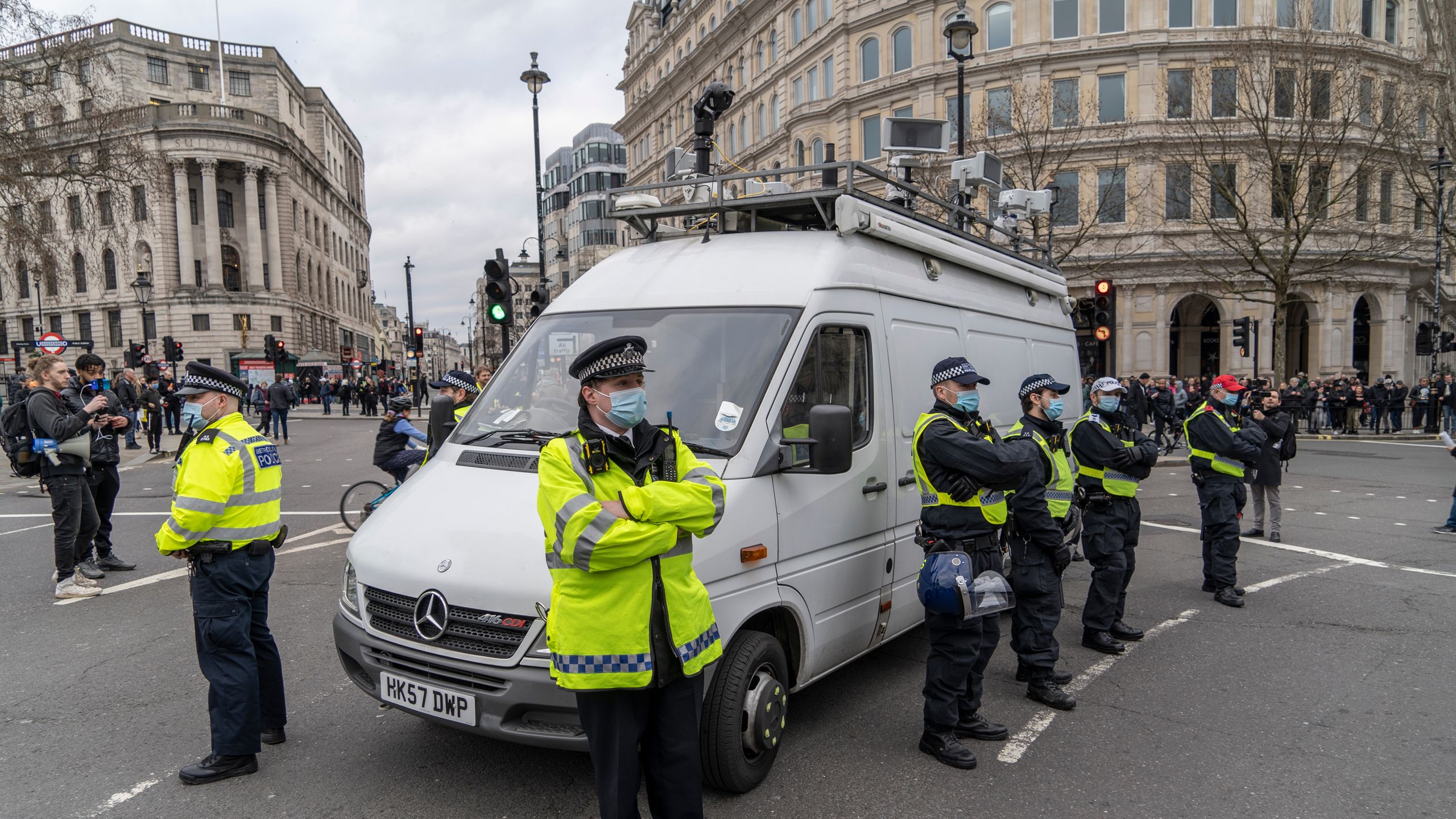
Commissioned to deliver the first independent report into UK police use of live facial recognition (LFR), Professor Fussey and Dr Daragh Murray brought together a range of techniques and expertise to design a first-of-its-kind approach, uncovering new perspectives and delivering a comprehensive analysis of police use.
Professor Fussey joined a Metropolitan Police team at six trial sites – the first independent academic evaluation of how LFR is used in practice – and Dr Murray conducted legal analysis.
Their 120-page report uncovered a range of new concerns including impacts on behaviour and human rights, the legal basis for use of LFR and the influence of police culture and operational environments on the Metropolitan Police’s approach.
It also challenged industry and police evaluations of LFR performance, finding it was only correct in 19% of cases.
This work was completed as part of the ESRC-funded Human Rights, Big Data and Technology (HRBDT) project, based at the University of Essex. It was one of the first research programmes in the world to address the overall human rights impact of big data and emerging technologies in a truly interdisciplinary way.
Influencing emerging technology policies
At a national level, Professor Fussey has been working with the Equality and Human Rights Commission (EHRC) on human rights standards and regulation for AI-driven technology in policing.
Professor Fussey has also produced an analysis critiquing the Data Protection and Digital Information Bill currently in Parliament. The report, published on the Government website, has been used as a basis to table amendments to the Commons.
It points to a “worrying vacuum” in government plans to safeguard the public in relation to biometrics and surveillance and warns that plans to abolish and not replace existing safeguards in this crucial area “will leave the UK without proper oversight just when advances in artificial intelligence (AI) and other technologies mean they are needed more than ever”.
Professor Fussey is also meeting with members of the House of Lords ahead of the Bill’s second reading in the second chamber.
Helping frame UN policy on protests
At an international level, Professor Fussey has been working with the UN Office of the High Commissioner for Human Rights and UN Office for Drugs and Crime on developing an international framework for police uses of technology during protests.
This framework is due to be delivered at the UN Human Rights Council in the coming months.
Developing the framework has involved consultations with human rights groups in Tanzania and Lebanon.
Professor Fussey has co-led two tech-focused workshops in Geneva with the UN Special Rapporteur for Freedom of Assembly and Association.
This brought together law enforcement and civil society organisations from across the world - including the American Civil Liberties Union, Amnesty Tech and Collaboration on International ICT Policy for East and Southern Africa - to discuss the issue.
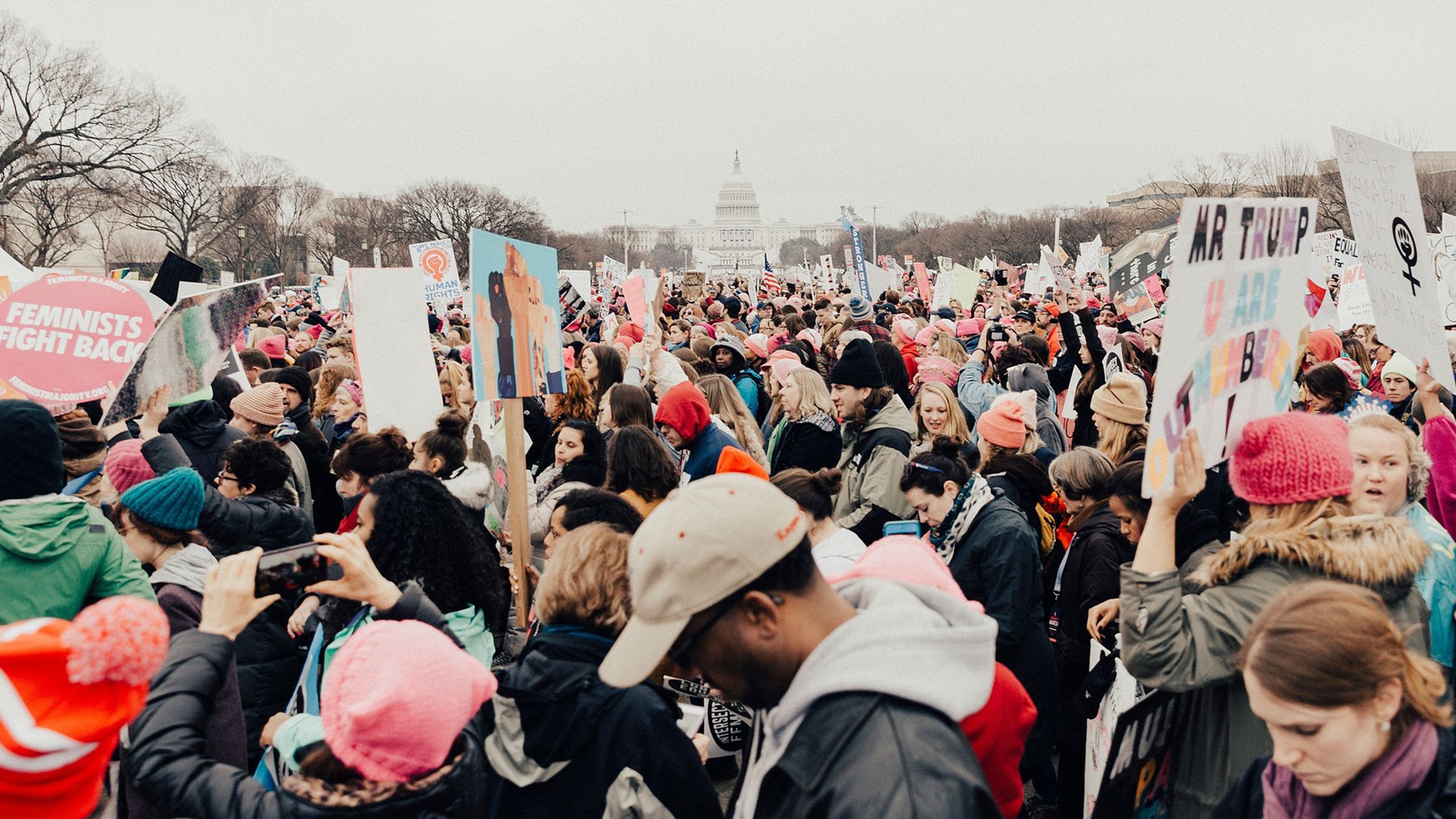
Find out more
Centre for Research into Information, Surveillance and Privacy
CRISP research focuses on the political, legal, economic and social dimensions of the surveillance society.
Study Criminology at Essex
Harnessing a criminological imagination will give you fresh eyes to view some of the today’s most pressing issues.
Sixty Stories
We’re celebrating 60 years of making change happen. 60 years of boldness and bravery from our students past and present. 60 years of creating change.

